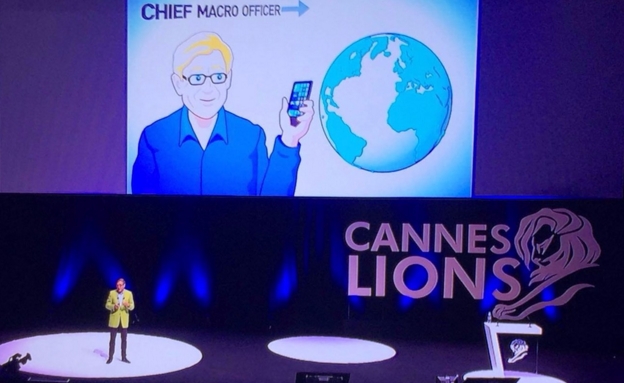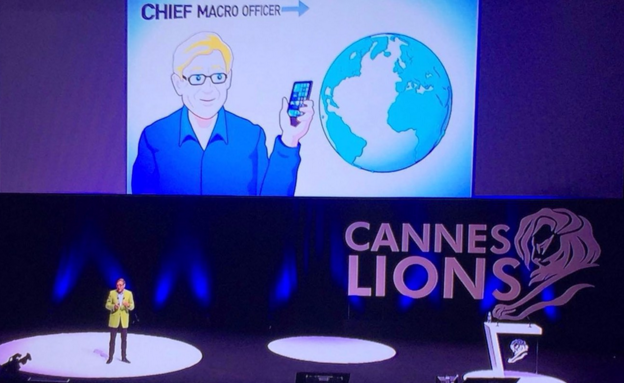
 CMO says consumers engage brands that challenge stereotypes and address issues of environmental and social responsibility.
CMO says consumers engage brands that challenge stereotypes and address issues of environmental and social responsibility.
In his keynote Cannes Lions 2016 seminar “The Future of Brands,” Unilever CMO Keith Weed made a global pledge to change the often stereotypical portrayal of women in advertisements: “We need to find a different way of representing beauty and move to a much more enjoyable, non-critical perspective in reflecting women and how they are in everyday life.”
Unilever’s recent global ad study reveals that 50% of the advertisements surveyed depicted women in a stereotypical manner – only 2% were portrayed as intelligent and 1% as funny. Gender equality has emerged as a critical theme at Cannes this year, as evidenced by the many high profile seminars at the festival.
“We can create better advertising if we can create advertising that is more progressive, and we can do this by challenging stereotypes,” said Weed, who proposed a three-pronged strategy for this initiative. In a nod towards his engineering degree, Weed named this new approach, IN, or “I to the power of N.”
According to his “formula,” the future of brands is best represented by:
I: Individuals/influencers/impacts
N: exponentially raising the power of the I’s
It’s no longer enough for advertisements to speak to a certain age cohort or demographic – they must target individuals. Rapid advances in technology has forced advertisers to shift their focus from mass marketing to customization for the individual. The CMO must act as both a “chief micro” and “chief macro” officer by developing local and global campaigns that are “brought together by the magic of technology.”
Lynx, known as Axe in most global markets, released its “Find Your Magic” campaign in January, which Weed pointed to as the epitome of the necessary shift towards inclusivity. The campaign aimed to dispel traditional portrayals of masculinity and celebrate individuality. Weed pointed to success of Axe’s strategy of repositioning ads for a broad scale, while also zeroing in on individuals.
One of the best ways to reach individuals is through influencers and brand ambassadors. Weed explained how campaigns can be magnified by identifying “what people are talking about and who the power influencers are.” Unilever used supermodel Kendall Jenner to promote the launch of Magnum Double last year in Cannes. According to the company’s research, purchase intent goes up 5.2 times if campaigns use influencers, like celebrities.
The final, most crucial part of Weed’s brand-building formula is the third “I” – impact. With technology comes both utility and responsibility. Consumers are increasingly attracted to brands that prioritize sustainability. These brands are already accelerating, especially at Unilever. The company’s top five brands are “brands with a purpose.” Technology can help amplify the messages and impact of sustainable advertisements in the same way that influencers can.
“Now is a time for a renaissance in marketing,” said Weed. “We can build our brands in whole new ways. This is the future of brands.”